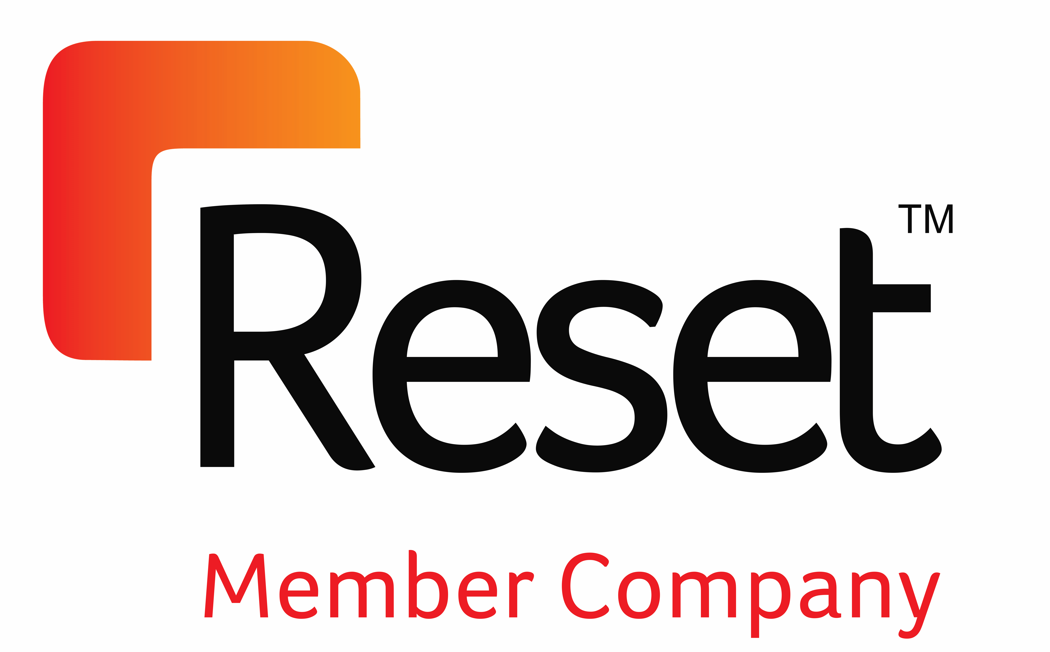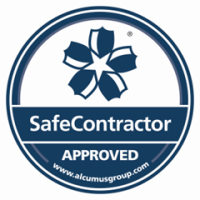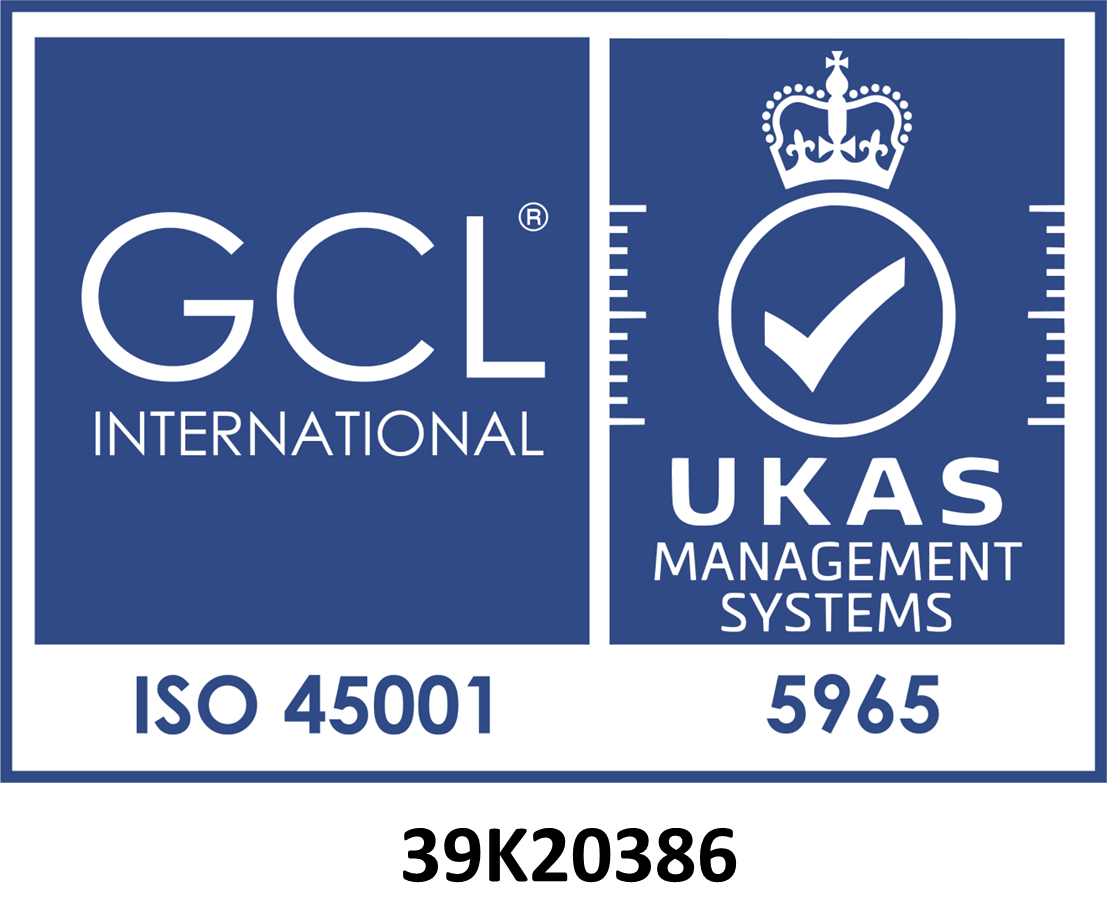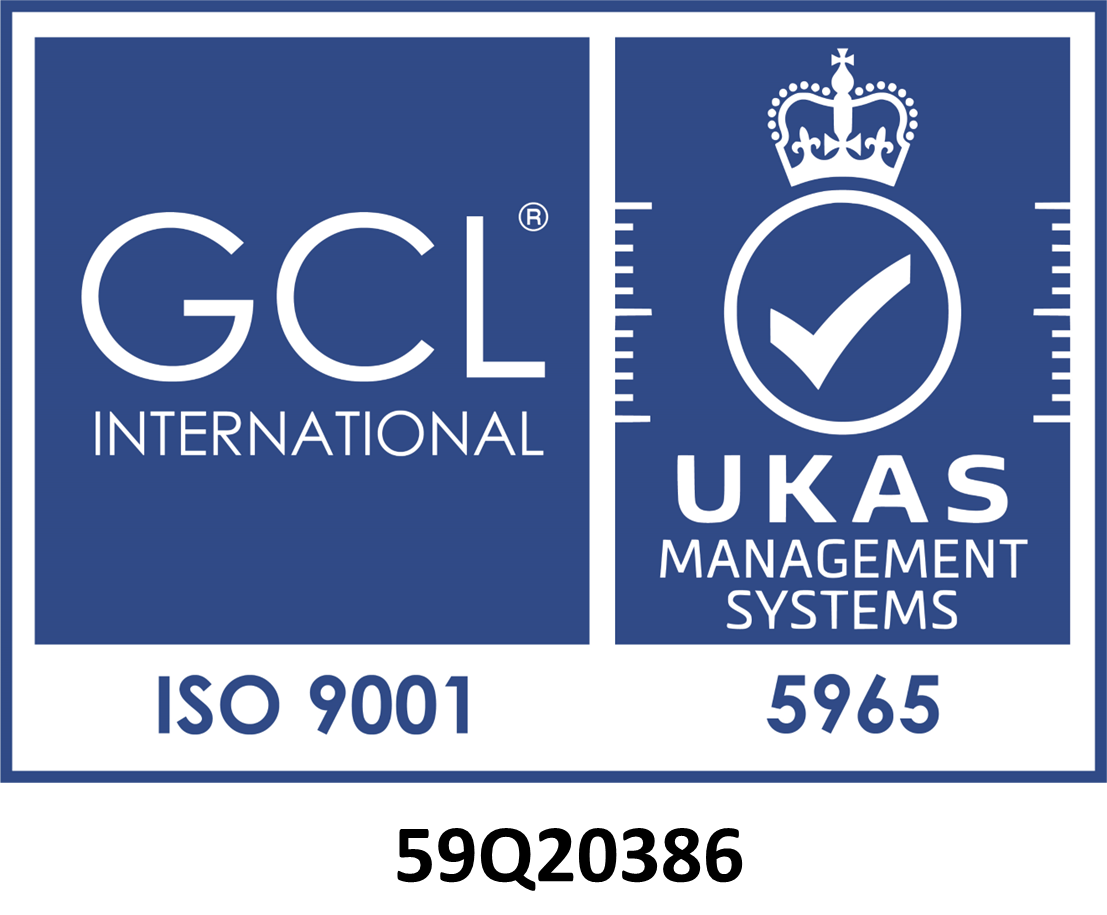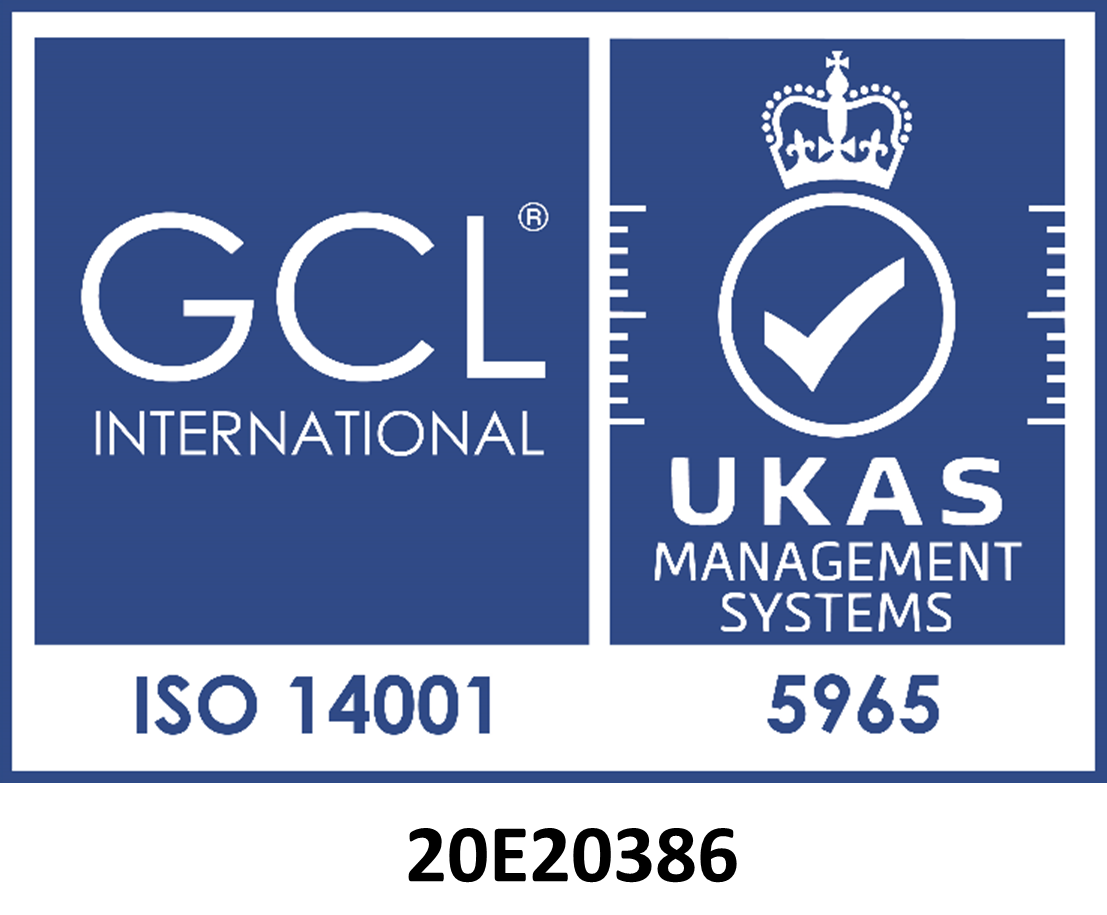Designed to remove airborne fine particulate (dust), pollen and aerosols from the air, HEPA filters are used on supply air systems to maintain air cleanliness of critical areas and on extract systems to remove harmful substances from the air.
providing clean, particulate free air in its place, high efficiency particulate air (HEPA) filters require regular HEPA filter testing and maintenance to ensure efficiency, to keep your critical system working effectively.
Tecomak can carry out all of your filter testing needs, including HEPA filter testing, maintenance and replacement for all types of ventilation system including clean rooms, local exhaust ventilation (LEV) systems and more.
HEPA Filter Testing – Choose Tecomak for a complete end to end service for your HEPA filter testing.
The Importance of HEPA Filter Testing
Used in a variety of critical applications, HEPA filters can be found in the ventilation systems of clean rooms, especially those used for pharmaceutical operations needing a GMP cleanliness grade of C or above, and in most micro electronics production facilities. They are also used within hospital environments for ‘ultra clean ventilation’ operating theatres, pharmacy aseptic clean rooms, patient isolation facilities and in mortuary extract systems.
HEPA filters help to protect your product, your people and your environment.
- Product ProtectionHEPA filters installed to protect a product or process are likely to require compliance testing to ensure quality control standards or regulatory compliance, and in the case of pharmaceutical products they need testing in accordance with MHRA good manufacturing process (GMP) regulations.
- Some critical applications will require HEPA filter testing every six months, while generally an annual qualification is adequate.
- Personal ProtectionHEPA filters installed to protect people from a toxic airborne particulate will often fall under the requirements of the Control of Substances Hazardous to Health (COSHH) regulations.
- These will require statutory performance testing at least annually, and high risk category work such as that performed in microbiological safety cabinets will require testing every six months.
- Environmental ProtectionWhile the testing for your product and your people are concerned with the particulate that may be able to enter your clean environment, production processes that generate toxic powder, radioactive compounds or biological hazards can be harmful to the environment and the wider population.
- In these cases, emissions must be filtered before venting into the atmosphere. For environmental protection, an annual test and inspection is normally adequate.
When HEPA Filters Should Be Tested
During production, HEPA filters are tested by the manufacturer to measure their efficiency against test particles. The most common standard for this is EN 1822 which determines the Most Penetrating Particle Size (MPPS) for the filter medium being tested. The measurement of the particle removal efficiency of the complete filter at that particle size is then taken.
Due to their delicate nature, HEPA filters can be easily damaged during transport and installation and may not always be installed correctly. It is therefore important to ensure that all newly installed filters perform in practice to an acceptable standard and for this an in-situ installation leaf test should be carried out.
HEPA filters are generally designed to last between one and four years. If a filter is not inspected and tested regularly then it is possible your people, your processes, or the environment may be at risk.
Your HEPA filters can become blinded with particulate over time, increasing the resistance to airflow passing through them meaning that differential pressure will increase. As this happens, the airflow through the filter will reduce, usually resulting in a reduction in air quality. The HEPA filter should also be regularly checked to ensure the integrity of its seal, and that it has not become damaged, as this will mean contaminated air will bypass the filter media, again reducing its effectiveness.
Poor installation, long term damage or poor quality manufacture can all put your operation at risk, while in some cases, lower efficiency filters may have been installed into your air handling units. These all put your system, your operation and the health of others at risk as airborne control will not be maintained which could result in a serious breach of health and safety or regulatory compliance. This can be costly, attracting fines, compensation and in some cases a closure of a facility by a regulatory body or government agency. These costs far outweigh the comparatively low cost of a routine HEPA filter testing programme.
Tecomak’s HEPA Filter Testing Service
At Tecomak we have the knowledge and experience to carry out filter testing for a wide range of needs.
Scan testing is most often used for supply air systems. Here an installed filter system leakage scan test is carried out with an aerosol photometer as described in ISO 14644-3:2005 section B.6.2. This is the most sensitive method for finding leaks.
Alternatively, for exhaust systems where scans cannot be performed, volumetric testing is generally carried out. Here we offer an overall leak test of filters mounted in ducts or air handling units as described in ISO 14644-3:2005 section B.6.4.
When installing a new system, or replacing a filter, either because of a failed integrity test or because they have become blinded with particulate, it is generally good practice to use the same company to carry out HEPA filter testing immediately after installation or replacement. Untrained maintenance staff or fitters can easily damage the delicate glass fibre media of the filter and the smallest pin prick or tear will result in a test failure. For this reason we often work with filter manufacturers, providing an end to end installation and testing service.
HEPA Filter Testing – Complete HEPA filter installation, testing and maintenance service.

